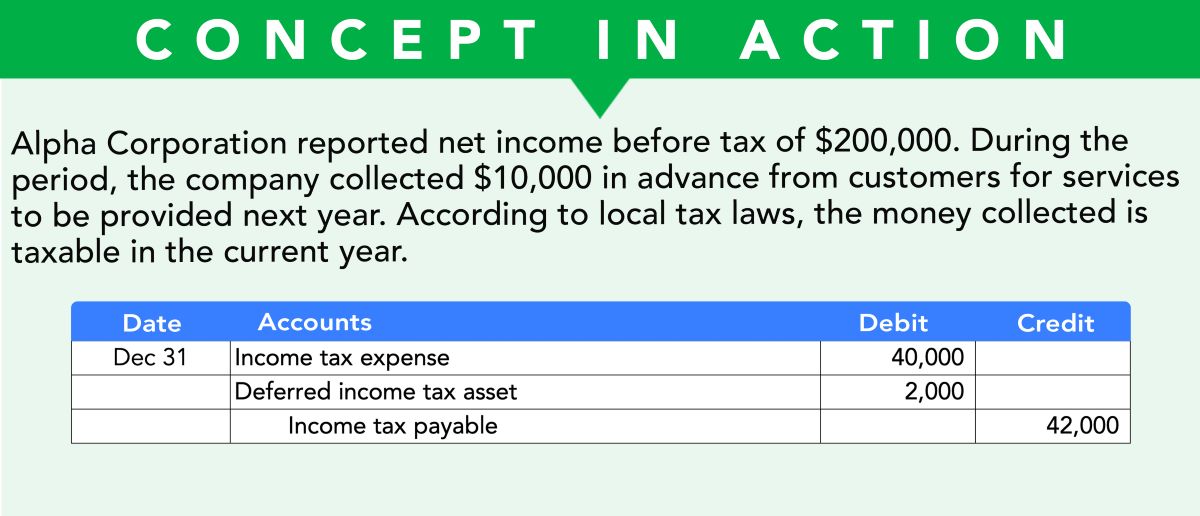

Finance
Deferred Billing Definition
Published: November 9, 2023
Learn the meaning of deferred billing in finance, its definition, and how it can benefit businesses. Gain insights into managing cash flow effectively.
(Many of the links in this article redirect to a specific reviewed product. Your purchase of these products through affiliate links helps to generate commission for LiveWell, at no extra cost. Learn more)
Understanding Deferred Billing: A Flexible Financing Option
Welcome to our Finance category! Today, we dive into the world of deferred billing, a flexible financing option that can help you manage your expenses more effectively. So, what exactly is deferred billing? How does it work? And what benefits can it offer you? Let’s answer these questions and explore the world of deferred billing together.
Key Takeaways:
- Deferred billing is a financing option that allows you to defer payment for a purchase to a later date.
- By utilizing deferred billing, you can enjoy greater flexibility in managing your finances and improve your cash flow.
Deferred billing is a financial tool that allows you to postpone payment for a purchase to a later date. Instead of paying the full amount upfront, you can defer the payment and spread it out over a set period of time.
Now, you might be wondering how deferred billing works. Here’s a step-by-step breakdown:
- Step 1: Find a retailer or service provider that offers deferred billing as a payment option. This is often available for online purchases, but some physical stores may also provide this service.
- Step 2: Choose the items or services you wish to purchase and add them to your cart.
- Step 3: During the checkout process, select the deferred billing option as your payment method.
- Step 4: Provide the required information, such as your name, address, and payment details.
- Step 5: Once your purchase is approved, you will receive your items or services, and your payment will be deferred to a later date.
- Step 6: As per the terms and agreement, you will need to make payments according to the agreed-upon schedule until the full amount is paid off.
Now that you know how deferred billing works, let’s explore the benefits it can offer:
- Greater flexibility: Deferred billing allows you to make purchases without immediate strain on your budget. It provides you with additional time to manage your finances, ensuring that you can comfortably afford your purchases.
- Improved cash flow: By spreading out your payments over a set period, deferred billing helps improve your cash flow. This feature can be particularly beneficial if you have other financial obligations or unexpected expenses.
- Budget management: With deferred billing, you can plan and budget your purchases more effectively. This allows you to align your payments with your income and prioritize your expenses accordingly.
In conclusion, deferred billing is a flexible financing option that offers various benefits. By deferring your payments to a later date, you can enjoy greater flexibility, improve your cash flow, and enhance your budget management. So why not explore deferred billing options and see how it can help you make your financial life more manageable?














